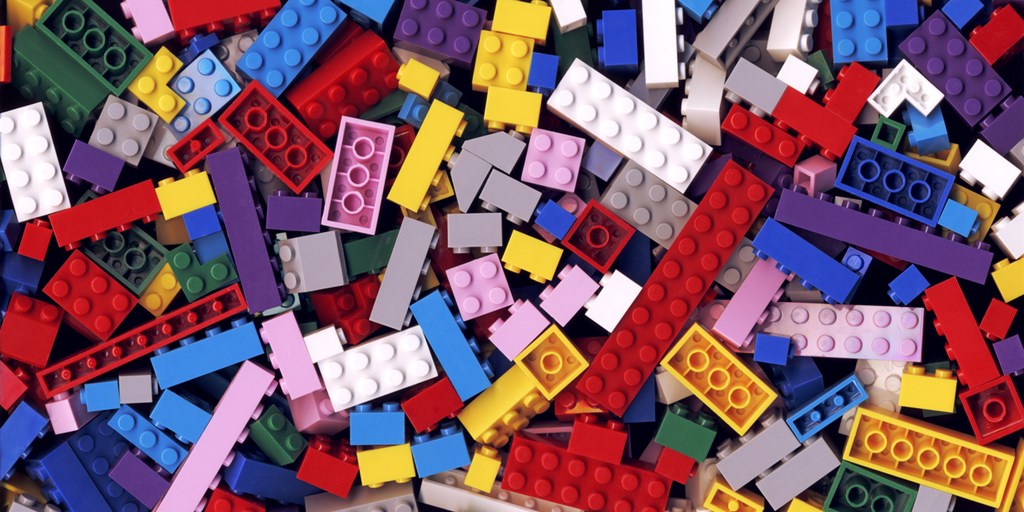
Parts made with plastic injection molding are all around us, from the cars we drive to the appliances in our kitchen, and even to operating rooms in hospitals. Far from solely functional, plastic injection molded parts can also be fun.
Ingenuity for Growing Minds
Children’s toys are some of the most important items in their early lives. They help reach developmental milestones, foster creativity, and build lasting friendships. And of course, they need to appeal to discerning toddlers. To do all this, toys need to be heavily customizable, able to be manufactured in a variety of long-lasting colors and textures, and adaptable to every scenario from an indoor tea party to the Wild West.
The injection molding process is ideally suited for manufacturing plastic toys, as it allows them to be created in large quantities both quickly and inexpensively. The custom plastic injection molding process also allows for the thorough testing of prototypes and the selection of the perfect resin materials to keep toys safe and functional whenever playtime strikes.
Start With Material Selection
Toy design should always begin with your vision of the end product — who is going to play with it? What will it look like? What should it do? All of these questions feed into what will ultimately become your final design. In a plastic injection molding project, the shape and structure of the design are important, but the material selection should be at the top of your list. The material composition of the resin that the toy is molded out of will determine its safety, as well as its functionality and ability to stand up to changes in temperature, moisture, and impact.
As is the case with any product designed for children, the safety of a newly designed toy should be your first consideration. Before a new toy hits the market, it has to undergo rigorous testing to make sure that the materials it’s made of are safe for children, and that those materials stay safe even if the toy is subjected to wear and tear or harsh environmental conditions.
One primary concern with plastic toys is the chemical composition of the resin. As children play with toys, the plastic materials interact with their hands and often end up in their mouths. Thorough plastic material testing must be completed to ensure that no banned or restricted substances that could harm children are present in the composition of the toy.
In the past, lead paints and colorants were common culprits in toxic toys. Lead makes colorants more durable, so it was often used in all kinds of manufacturing compounds. However, when ingested or inhaled, lead can have serious negative health impacts, so it’s now illegal to use in toys and many other household items in the United States. Likewise, diethylhexyl phthalate (DEHP), diisononyl phthalate (DINP), and diisodecyl phthalate (DIDP) were often used as plasticizers to increase flexibility in toy parts until it was found that these chemicals may be harmful to the liver if ingested in large quantities.
Fortunately, though, the plastics industry has developed alternatives to all of these that are safe to use in toy manufacturing and just as effective as the original compounds, if not more so. In fact, it’s not uncommon to use food-grade plastics in the design of baby toys, so teething babies can chomp away with no worries.
Durability and Design
The shape and structure of a toy are also important safety considerations. Sharp edges or rough spots can cut into little hands — and playtime — while small pieces can quickly become choking hazards. When designing a toy, it’s important not only to avoid these hazards when the toy is functioning as it’s intended to, but to think about their sudden appearance if the toy should become damaged or break. Many plastic toys have to be built with rough-and-tumble play in mind.
The right material selection during the design phase can help make sure that toys are designed for the challenge, and that they won’t crack or break when subject to extreme or repeated impact. If they should happen to break, material selection can also play a role in making sure that they remain safe, even if they are no longer functional.
Are you interested in finding the perfect materials for injection molding toys? Schedule a phone consultation to learn more!
Experience the Thogus Difference
Connect with us today to discuss your project and to learn more about our capabilities.